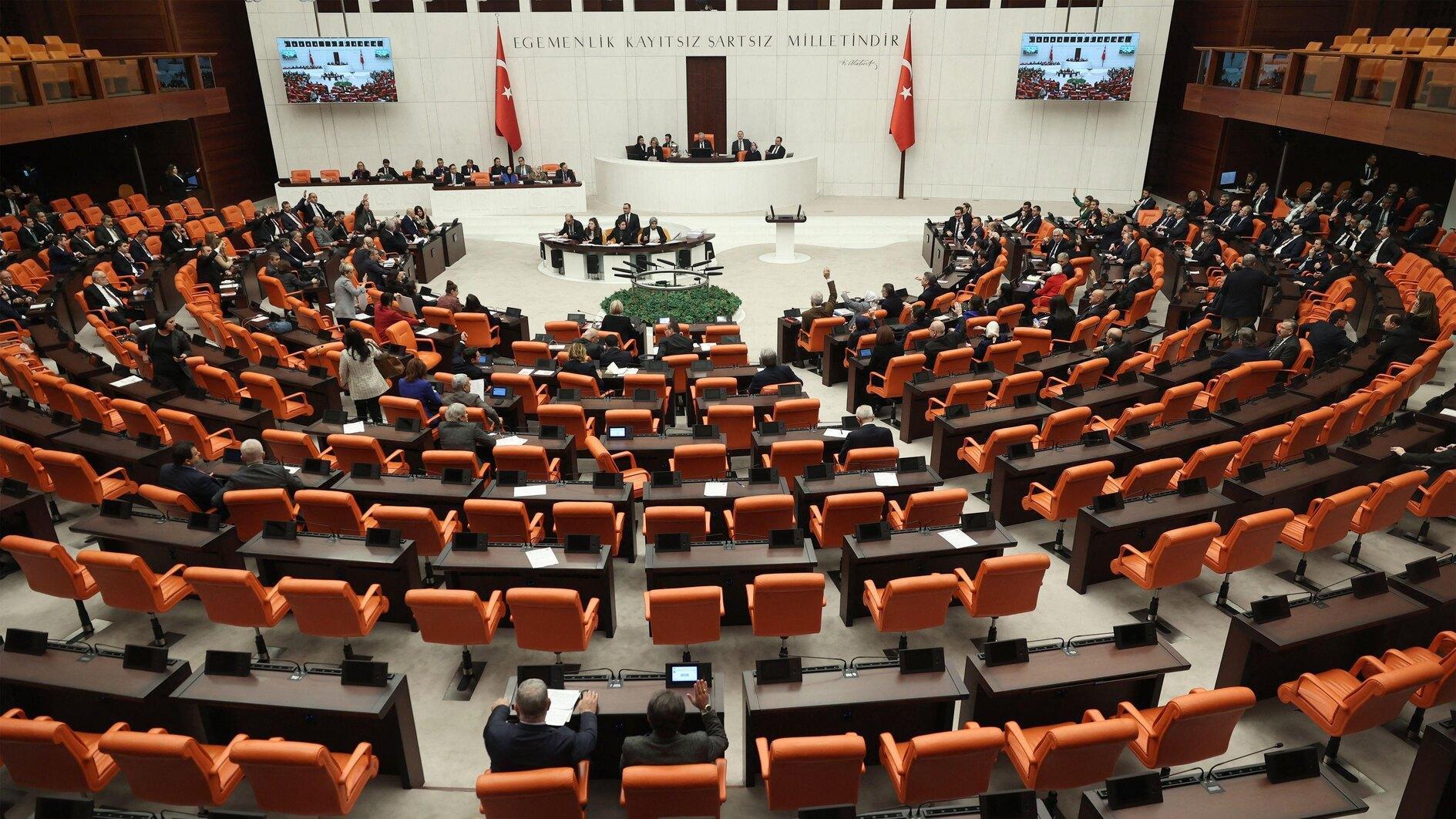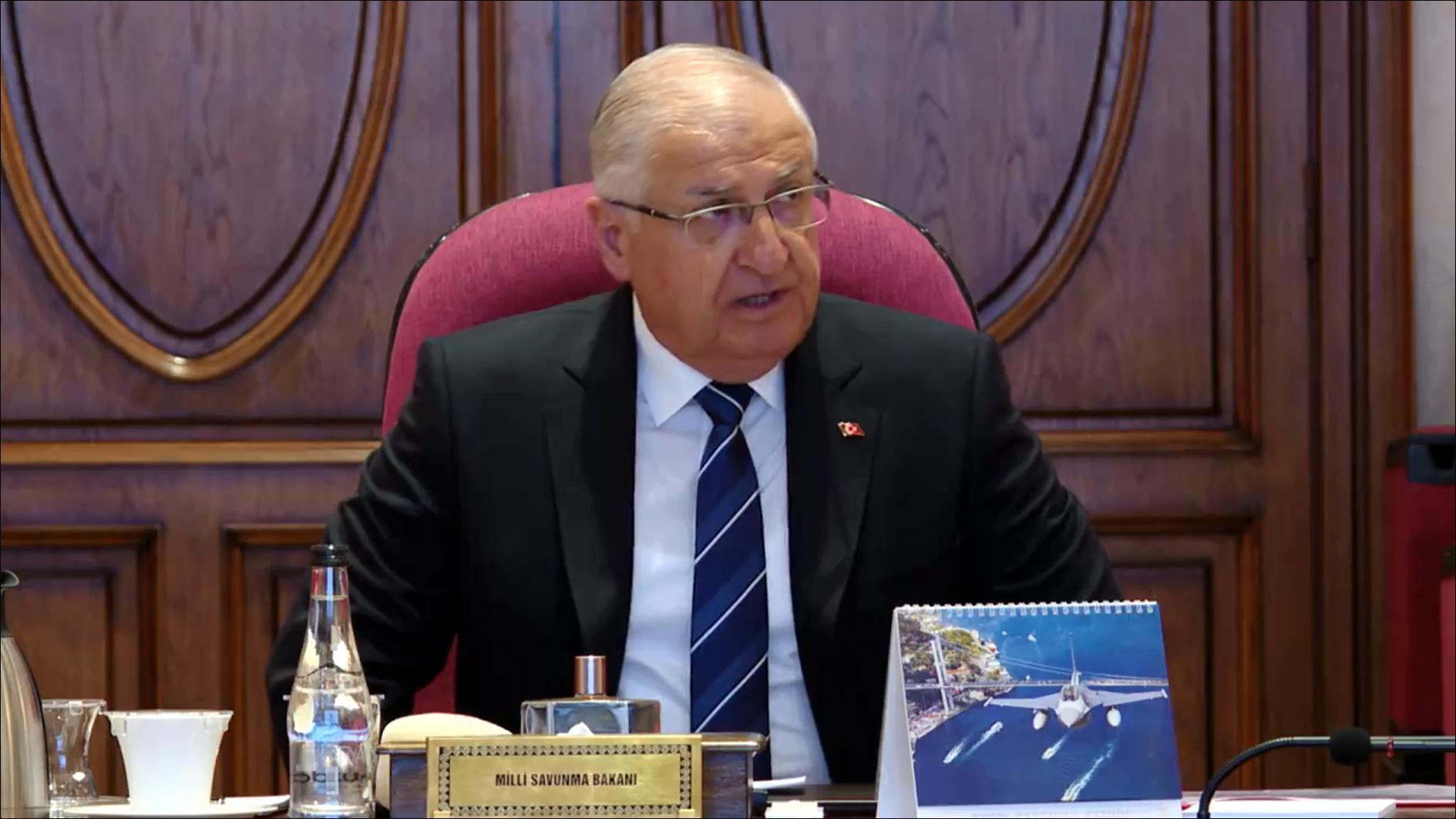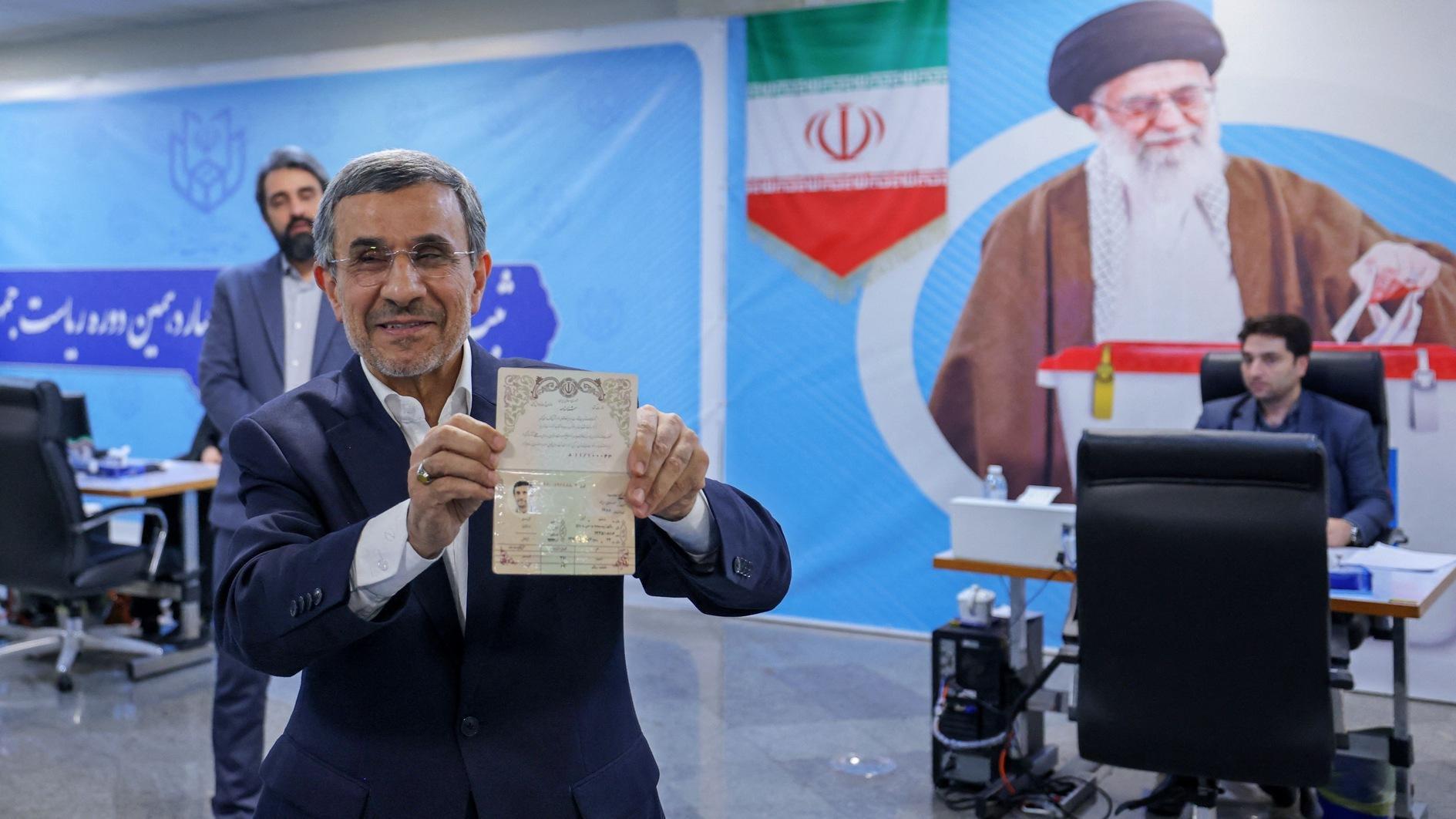Parliament OKs bill to set up new body to 'strengthen' Foreign Ministry
ANKARA

The Turkish parliament has passed an 11-article bill establishing a new foundation aimed at "enhancing the operations and service quality of the Foreign Ministry."
The new foundation, as outlined in the bill, is empowered to purchase, rent and construct all types of movable and immovable properties to support the ministry's functions.
It will also conduct studies to manage and utilize properties currently owned or allocated to the ministry but not in use.
Additionally, the new body will have the authority to establish higher education institutions and support the professional development and representativeness of the ministry's staff.
It will be governed by a 10-person board of trustees, led by the foreign minister in charge. Board members, serving five-year terms, will be appointed by the minister and will include current or former ministry general managers or ambassadors, as well as individuals from academia and the business sector.
The minister, as chairman, will have the authority to oversee all foundation activities and transactions at any time.
The foundation will benefit from various tax exemptions, including inheritance and transfer taxes on donations, title deed fees, real estate taxes and other fees related to its immovable properties.
Employees receiving retirement or old-age pensions from any social security institution will continue to receive their pensions without interruption.
The bill stipulates that the foundation's establishment procedures, official deed and registration under the Turkish Civil Code will be completed by the ministry within one year of the regulation's effective date.
An initial transfer of 10 million Turkish Liras ($309,000) from the ministry's budget will be allocated to the foundation within one month of the regulation taking effect, with the remaining funds to be provided post-establishment.
Despite its approval on May 30 after two days of deliberations, the bill faced criticism from opposition parties. Critics argued that the foundation's oversight mechanisms are insufficient and expressed concerns that the proposal bypassed the parliament's foreign affairs commission.
The opposition warned that the foundation could act as a "parallel structure" to the ministry.
















